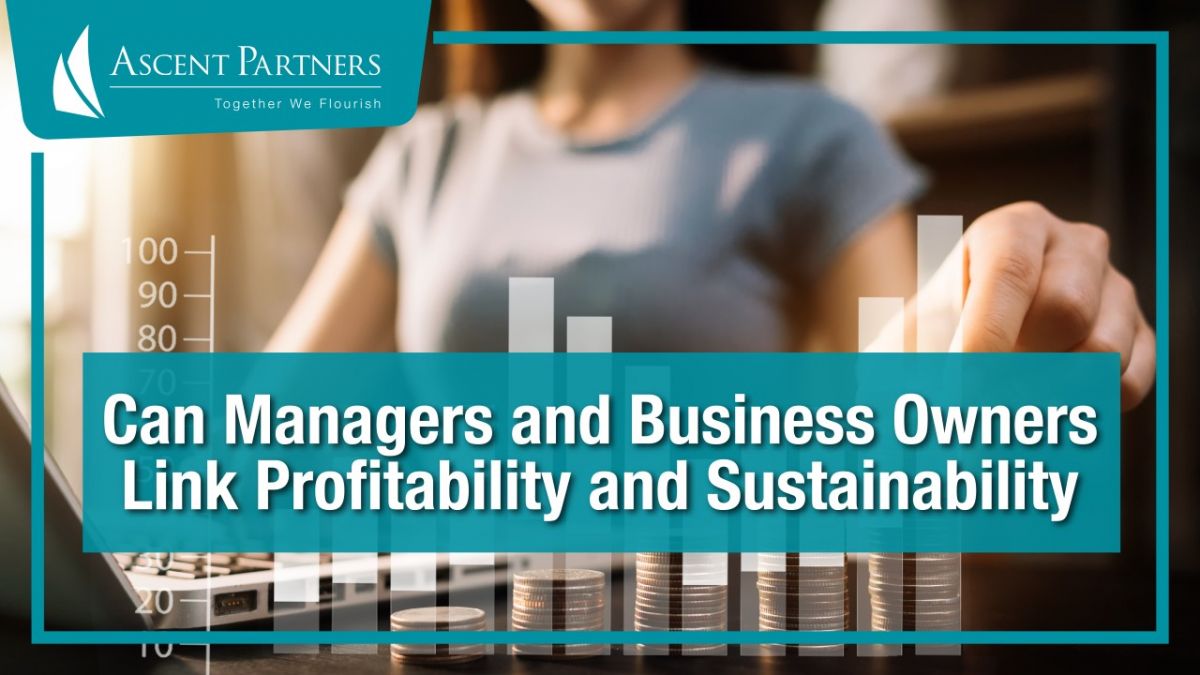
Can Managers and Business Owners Link Profitability and Sustainability?
As sustainability becomes a more widespread concern for businesses, the relationship between profitability and sustainability is undoubtedly coming under closer scrutiny.
Over the last five years or so, more and more companies of all sizes are treating social and environmental impact as business concerns. A recent ROI Marketing Institute involving 581 interviews conducted in 2021 showed that 96.7% of respondents have a sustainability strategy or project in place at their organisations.
However, there is an increasing worry that the lack of a direct connection between day-to-day business operations and the higher purpose of these sustainability efforts. The economic resources that make sustainability projects are very often dependent on the company’s productivity.
Performance monitoring is one key to unlocking this lack of connectivity. All the 581 respondents mentioned three types of metrics they used to gauge performance:
1 Sustainability Metrics, such as measuring the direct impact of the social or environmental issues a company is addressing, including energy, climate, emissions, labour force, water, race and gender
2 Communications metrics, such as reputation, awareness, net promoting score, media exposure and impressions, and
3 Business metrics including costs, revenue, and returns.
But, according to the report, more than 35% of respondents were not measuring the impact of their sustainability efforts. Many companies may still struggle to define the real economic impact of sustainability on the business.
According to research in a 2017 MIT Sloan Management Review/Boston Consulting Group, while 60% of companies have a sustainability strategy, only 25% have developed a clear business case for their sustainability efforts.
One of the key problems then, is that while measuring revenues has been mentioned as the fourth most used indicator by companies in the research, the attribution models that define those revenues are not robust enough to be considered for decision-making.
So, accurately measuring your ROI in your sustainability strategy is still in its infancy. What is needed is a new management model, where sustainability projects are seen as a competitive advantage rather than an unnecessary business cost.
Becoming more attractive to the more socially or environmentally minded consumer may well be another reason why consumers buy your product over a competitor. Once this mindset, both from companies and consumers, takes a firm hold, not focusing on your sustainability may well, in the long run, cost you sales, and thereby profit.
So, at the end of the day, sustainability and profitability need to go hand-in-hand. A shift in mindset from both managers and business owners, together with a new management model, is needed to achieve sustainable growth and profits.
